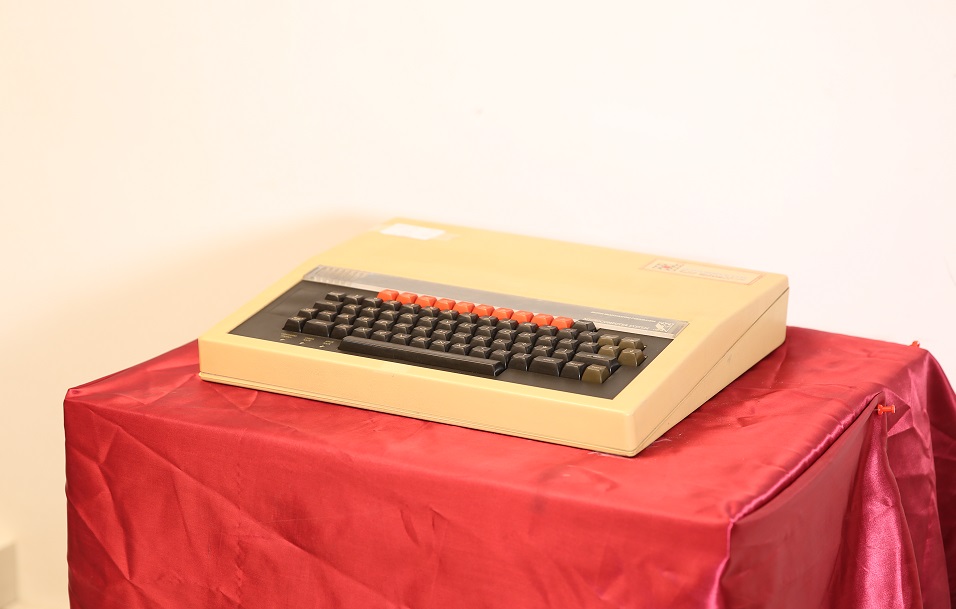- Model : Model 5160 – PC XT
- Developer: Acorn Computers
- Manufacturer: British Broadcasting Corporation (BBC)
- Released in: December 1, 1981
- Operating System: Acorn MOS
Specifications
- CPU: 2 MHz MOS Technology 6502
- Memory: 32 KiB
- Floppy Disk Drive: 2 x Floppy disks
- Media: Cassette tape
- Monitor/ Display : BBC RGB/PAL, UHF/composite/TTL Monitor
- Graphics : 640×256, 8 colors
- Sound: Texas Instruments SN76489, 4 channel, mono
- Input: Keyboard
- Connectivity: Printer parallel, RS-423 serial, user parallel, Econet, 1MHz bus, Tube second processor interface
Description
The BBC Microcomputer was launched in December 1981 as part of the BBC’s Computer Literacy Project. The Computer Literacy Project was created by the BBC (British Broadcasting Corporation) to increase computer literacy and to encourage as wide a range of people as possible to gain hands-on experience with a microcomputer. The BBC Microcomputer, or the ‘Beeb’, is based on the 6502A microprocessor, which ran at 2MHz, and has 32K of ROM (Read Only Memory). The Model A shipped with 16K RAM(Random Access Memory) and cost £299. The Model B shipped with 32K RAM. The Model B featured higher-resolution graphics due to the higher RAM. Both models used the same circuit board, therefore making it possible to upgrade a Model A to a Model B. The machine’s high cost was compensated for by its impressive expansion possibilities including disc drives, a second processor and network capabilities (Econet). The ‘Beeb’ came with a version of the BASIC programming language called BBC BASIC. It was created mainly by Sophie Wilson for the BBC Micro. ‘Beeb’ was operated by Acron’s MOS(Machine Operating System) operating system. The BBC Micro is housed in a case which includes an internal power supply and a 64-key keyboard with 10 additional user-definable keys. On the back of the case there are ports for UHF out, video out, RGB, RS-423, cassette, analogue in and Econet. The BBC Model B was sold for £399 on the high street in 1983 which was relatively expensive compared with other available machines like the Commodore 64 which sold for around £229. Despite the higher price, with the publicity given by the BBC, the beeb was a commercial success. The BBC Micro was sold over 1.5 million units in UK, and was widely used in schools, with the large majority of schools having one.

